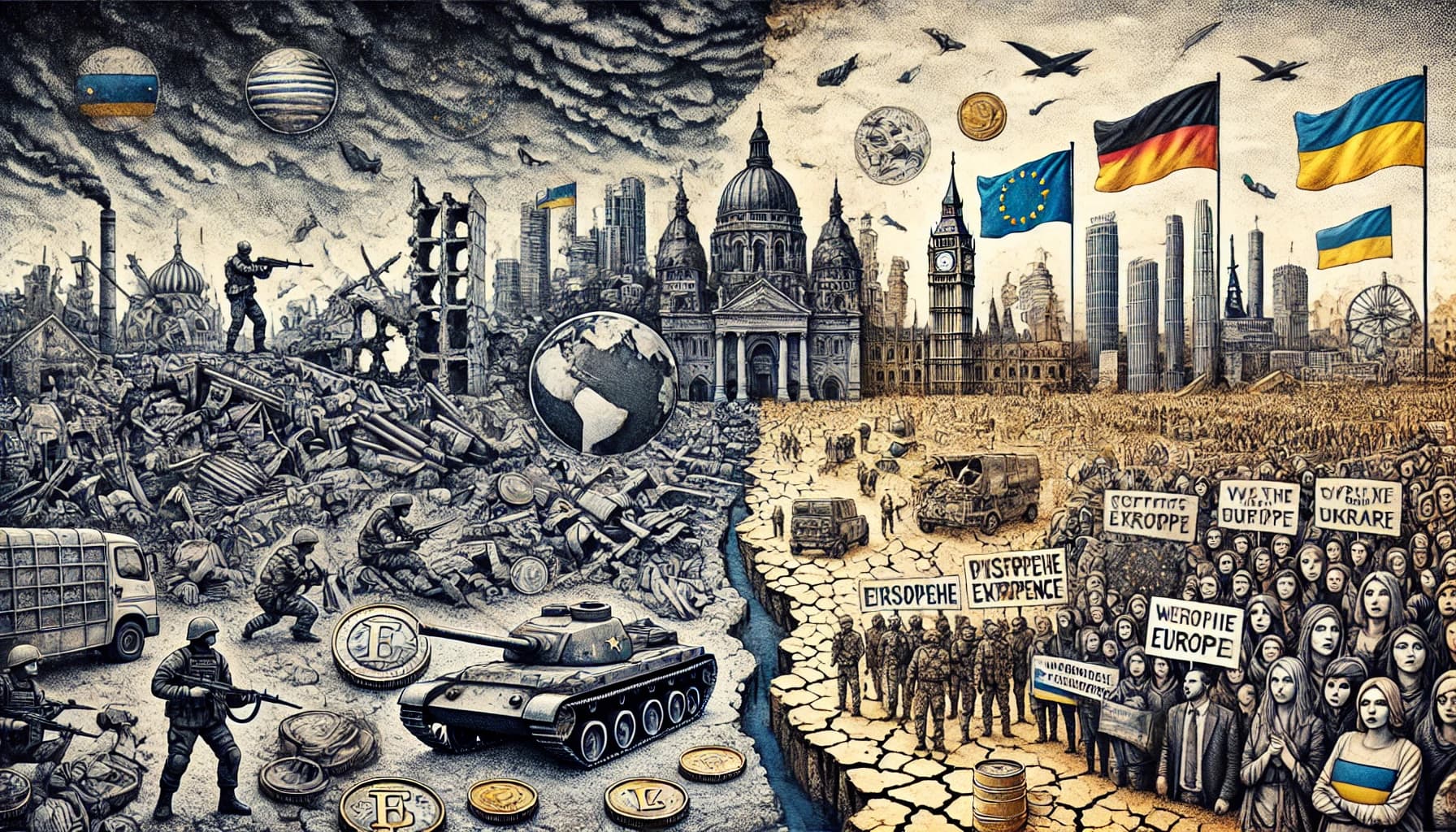The war in Ukraine continues to dominate discussions across Europe, with differing perspectives emerging on the conflict’s trajectory and the continent’s role in shaping its resolution.
Some European nations, particularly those bordering Ukraine, advocate for unwavering support for Kyiv, emphasizing the importance of providing military aid and imposing stringent sanctions on Russia. They argue that a strong stance against Russian aggression is crucial for European security and upholding international law.
Conversely, other countries express concerns about the potential for the conflict to escalate and the economic consequences of prolonged sanctions. They advocate for a more cautious approach, emphasizing the need for diplomatic efforts to achieve a negotiated settlement.
The debate over Ukraine’s future membership in NATO and the European Union also remains contentious. While some countries strongly support Ukraine’s aspirations to join these organizations, others express reservations, citing concerns about the potential implications for European security and the bloc’s internal cohesion.
The war’s impact on Europe’s energy security and the rising cost of living are also key areas of discussion. European nations are grappling with the consequences of reduced energy supplies from Russia and seeking alternative sources of energy. The economic burden of supporting Ukraine and mitigating the war’s impact on their own economies is also a significant concern for many European leaders.
As the war enters its second year, the discussions surrounding Ukraine’s future and Europe’s role in shaping its destiny are likely to intensify. The continent faces a complex challenge in balancing its support for Ukraine with the need to maintain its own security and economic stability.





